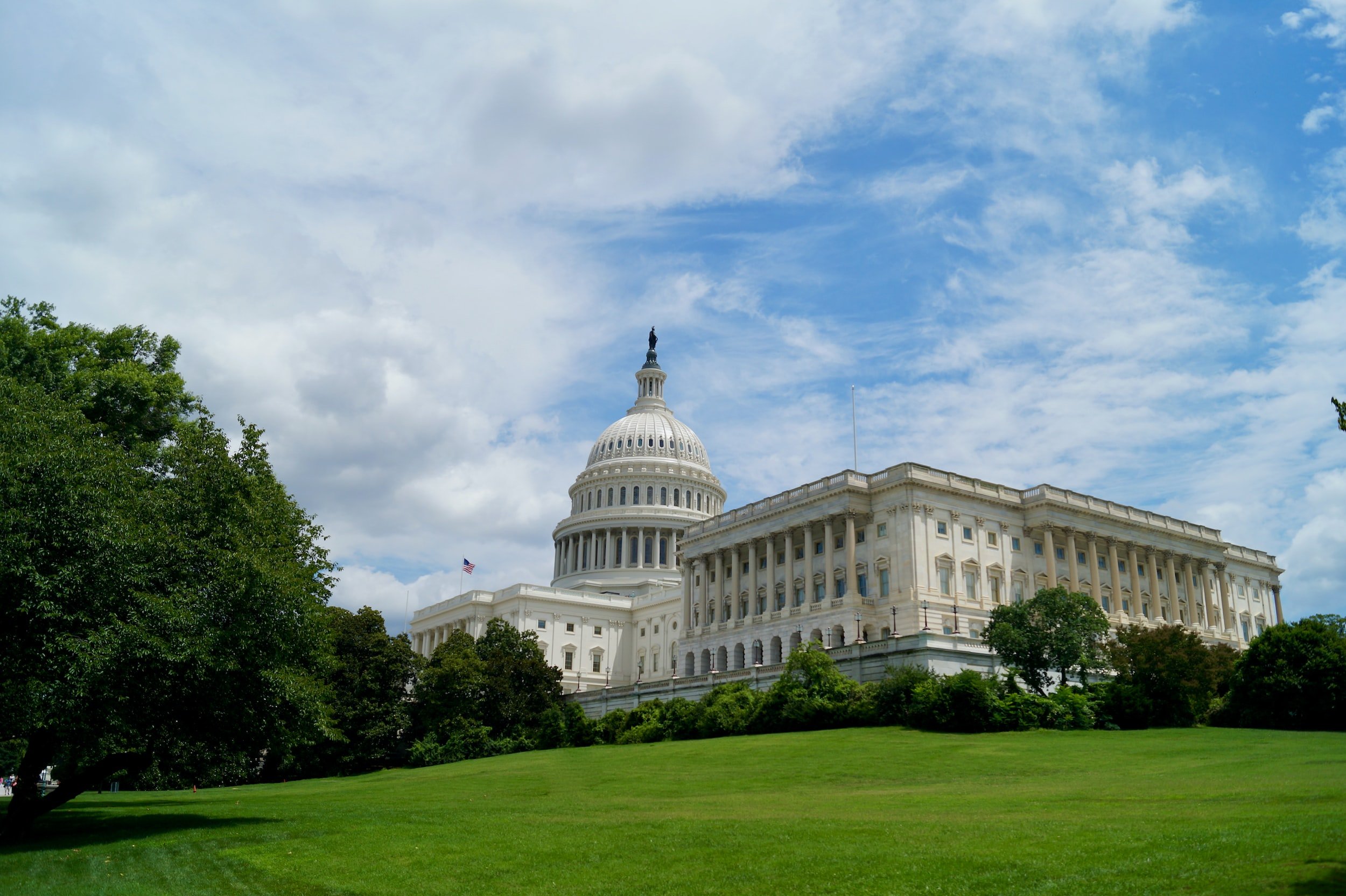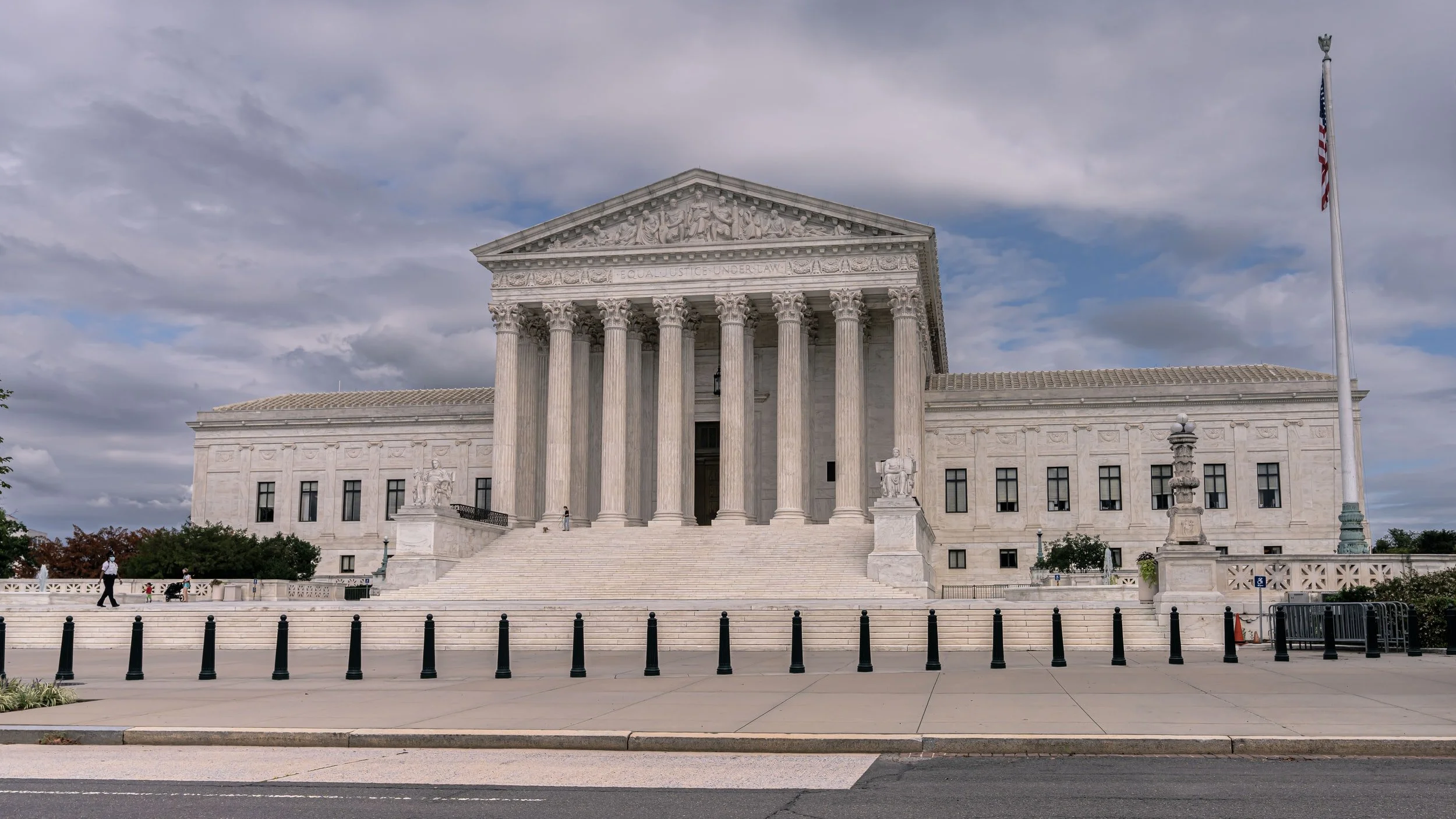HOT TAKES. ONE PLACE.
There's a LOT to know about insurance. So, whether you've got a specific question or just want the 411 on what we do, click around on the articles below.
Small Business Insurance: What Do You Need to Know?
For small business owners, navigating the complexities of business insurance can often seem daunting yet is undeniably crucial. Effective insurance not only guards against unforeseen financial losses but also provides a foundation for stability and growth.
FMCSA Medical Examiners Must Now Recertify Every 10 Years
On Jan. 11, 2023, the Federal Motor Carrier Safety Administration (FMCSA) published a notice of implementation of medical examiner refresher training and recertification every 10 years. The regulation is required for all eligible medical examiners certified and listed on the FMCSA’s National Registry of Certified Medical Examiners (National Registry).
What Employers Should Know About the WARN Act
The Worker Adjustment and Retraining Notification Act (WARN) took effect in 1989 to protect workers, their families and communities by ensuring workers receive advance notice about qualified plant closings and mass layoffs. With sufficient notice, workers can better plan for and adjust to a loss of employment, and communities are better able to cope with large-scale job loss.
FMCSA Ends All Active Coronavirus Trucking Exemptions
The Federal Motor Carrier Safety Administration (FMCSA) has allowed all COVID- 19 commercial motor vehicle (CMV) emergency declarations to expire on Oct. 15, 2022. These exemptions provided CMV drivers compliance flexibility for certain sections of Part 395 of the Federal Motor Carrier Safety Regulations (FMCSRs), including hours of service requirements, vehicle inspection obligations and driver qualification rules.
What Employers Should Know About E-Verify
Federal law requires employers to only hire individuals who may legally work in the United States—either U.S. citizens or authorized foreign nationals. To comply with the law, employers must verify the identity and employment authorization of each individual they hire by completing and retaining the Employment Eligibility Verification document (Form I-9). Despite employers’ best efforts, compliance with federal law can be difficult.
ACA Pay or Play Penalties Will Increase for 2023
On Aug. 16, 2022, the IRS updated its frequently asked questions (FAQs) on the employer shared responsibility (pay or play) rules under the Affordable Care Act (ACA) to include updated penalty amounts for 2023. For calendar year 2023, the adjusted $2,000 penalty amount is $2,880 and the adjusted $3,000 penalty amount is $4,320.
DHS Proposes Permanent Rule Allowing Remote Verification of Form I-9 Documents
The Department of Homeland Security (DHS) and the U.S. Immigration and Customs Enforcement have recently proposed a permanent rule to allow employers to remotely review the Employment Eligibility Verification form (Form I-9) identity and employment authorization documents when hiring, reverifying or rehiring employees.
Court Blocks Change to Preventive Care Contraceptive Guidelines
On Aug. 12, 2022, a federal district court blocked the Department of Health and Human Services’ (HHS) Health Resources and Services Administration (HRSA) from removing “instruction in fertility awareness-based methods, including the lactation amenorrhea method” from its list of recommended preventive health services.
Court Blocks ACA Sex Discrimination Rules for Religious Providers
On Aug. 26, 2022, a federal appeals court blocked the Department of Health and Human Services (HHS) from enforcing certain Section 1557 nondiscrimination rules under the Affordable Care Act (ACA) against some faith-based providers. The court upheld a permanent injunction prohibiting HHS from requiring the providers to perform or provide insurance coverage for gender transition procedures or abortions.
DOT Issues Notice of Changes to Drug and Alcohol Testing Rules
On Aug. 5, 2022, the Department of Transportation (DOT) published an advance notice of proposed rule-making (ANPRM) on workplace drug and alcohol testing requirements. Specifically, the DOT is requesting public comments on how its regulations for conducting such testing within the transportation industry could be amended to allow electronic signatures on required documents, permit the use of electronic forms and authorize digital data storage.
Federal Guidance on Nondiscrimination in Telehealth
Due to the increased usage of telehealth following the COVID-19 public health emergency, the Departments of Justice (DOJ) and Health and Human Services (HHS) jointly issued guidance on how various federal laws require telehealth to be accessible to people with disabilities and limited English proficiency.
Court Invalidates No Surprises Act Dispute Resolution Rules for Air Ambulance Services
On July 26, 2022, the U.S. District Court for the Eastern District of Texas struck down part of an interim final rule related to the federal independent dispute resolution (IDR) process under the No Surprises Act (NSA), which was enacted as part of the Consolidated Appropriations Act, 2021 (CAA).
CDC Ends COVID-19 Social Distancing and Quarantine Recommendations, Eases Testing Guidance
On Aug. 11, the Centers for Disease Control and Prevention (CDC) released new COVID-19 community guidance that ends or eases several key recommendations, including social distancing and quarantine. This change shows how much has changed since the pandemic began more than two years ago. The agency stated that nearly the entire U.S. population has some COVID-19 immunity through vaccination, previous infection or both.
Biden Signs Second Executive Order on Abortion Access
President Joe Biden recently signed an executive order to protect individuals’ ability to access out-of-state abortions. This is Biden’s second executive order in response to the U.S. Supreme Court’s ruling in Dobbs v. Jackson Women’s Health Organization, removing the constitutional right to abortion.
Departments Clarify Guidance on ACA Contraceptive Mandate
On July 28, 2022, the Departments of Labor (DOL), Health and Human Services (HHS) and the Treasury (Departments) jointly issued a new set of frequently asked questions (FAQs) regarding the contraceptive coverage mandate under the Affordable Care Act (ACA).
HHS’s Proposed Rule to Strengthen Nondiscrimination in Health Care
The U.S. Department of Health and Human Services (HHS) recently announced a proposed rule that would revise the implementing regulation for Section 1557 of the Affordable Care Act (ACA), strengthening and restoring civil rights protections for patients and consumers in certain federally funded and HHS programs. The 2020 version of the rule limited Section 1557’s scope and power to cover fewer programs and services.
Biden Administration Warns That Insurers Must Still Cover Birth Control
The Biden administration warned U.S. businesses and health insurance providers that limiting coverage of contraceptives after a U.S. Supreme Court ruling that overturned the constitutional right to abortion would violate federal law. The U.S. Department of Health and Human Services and the Departments of Labor and Treasury issued guidance clarifying that the Affordable Care Act (ACA) requires most private insurance plans to provide birth control and family-planning counseling to insured individuals and their dependents at no additional cost.
7th Circuit: Interference Without Denial of Leave Violates FMLA
The 7th Circuit Court of Appeals has ruled in Ziccarelli v. Dart that an employer can violate the federal Family and Medical Leave Act (FMLA) by discouraging an employee from exercising FMLA rights without denying an FMLA leave request. The 7th Circuit’s jurisdiction covers Illinois, Indiana and Wisconsin.
Travel Reimbursements for Legal Abortion Care
Following the U.S. Supreme Court’s decision in Dobbs v. Jackson Women’s Health Organization, a number of employers announced that they would reimburse travel expenses for employees who must go out of state to obtain a legal abortion. There are a number of different options for employers to consider when structuring a travel benefit, with each option having its own compliance challenges.
EEOC Updates COVID-19 Guidance to Require Justification for Testing
On July 12, 2022, the Equal Employment Opportunity Commission (EEOC) issued updated guidance on whether and when employers may test their employees for COVID-19. While the previous guidance generally allowed employers to require testing for all employees entering a workplace, the new guidance requires an individualized assessment of current circumstances.





















